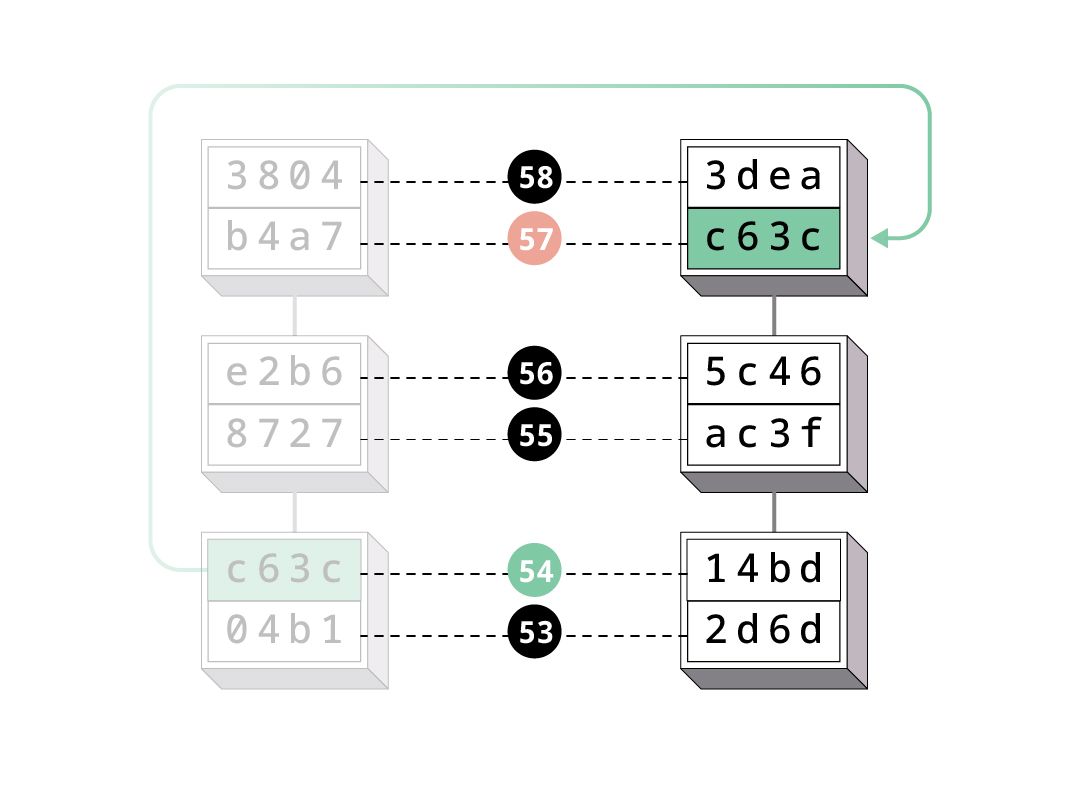Monero's 18-block reorg: What happened, why it matters, and what does it have to do with the annoying 10 block lock?
 Tip Rucknium
Tip Rucknium  86PW2MA9m18bXWH4UcR1JL4gB2GL88yPE2HH2vAAxh2L44MA27qF3eS2hqTyyhQ5qGYRaED9RpietMCehN5t3x5B5DV4Xp1
86PW2MA9m18bXWH4UcR1JL4gB2GL88yPE2HH2vAAxh2L44MA27qF3eS2hqTyyhQ5qGYRaED9RpietMCehN5t3x5B5DV4Xp1
 Publish Tip to Rucknium
Publish Tip to Rucknium Please login to publish your tip
 Tip CharliePrime
Tip CharliePrime CharliePrime has not setup a tip address yet.
 Publish Tip to CharliePrime
Publish Tip to CharliePrime CharliePrime has not setup a tip address yet.
 Tip coincartstore
Tip coincartstore coincartstore has not setup a tip address yet.
 Publish Tip to coincartstore
Publish Tip to coincartstore coincartstore has not setup a tip address yet.
 Tip crabrocket
Tip crabrocket crabrocket has not setup a tip address yet.
 Publish Tip to crabrocket
Publish Tip to crabrocket crabrocket has not setup a tip address yet.
 Tip Rucknium
Tip Rucknium  86PW2MA9m18bXWH4UcR1JL4gB2GL88yPE2HH2vAAxh2L44MA27qF3eS2hqTyyhQ5qGYRaED9RpietMCehN5t3x5B5DV4Xp1
86PW2MA9m18bXWH4UcR1JL4gB2GL88yPE2HH2vAAxh2L44MA27qF3eS2hqTyyhQ5qGYRaED9RpietMCehN5t3x5B5DV4Xp1
 Publish Tip to Rucknium
Publish Tip to Rucknium Please login to publish your tip
